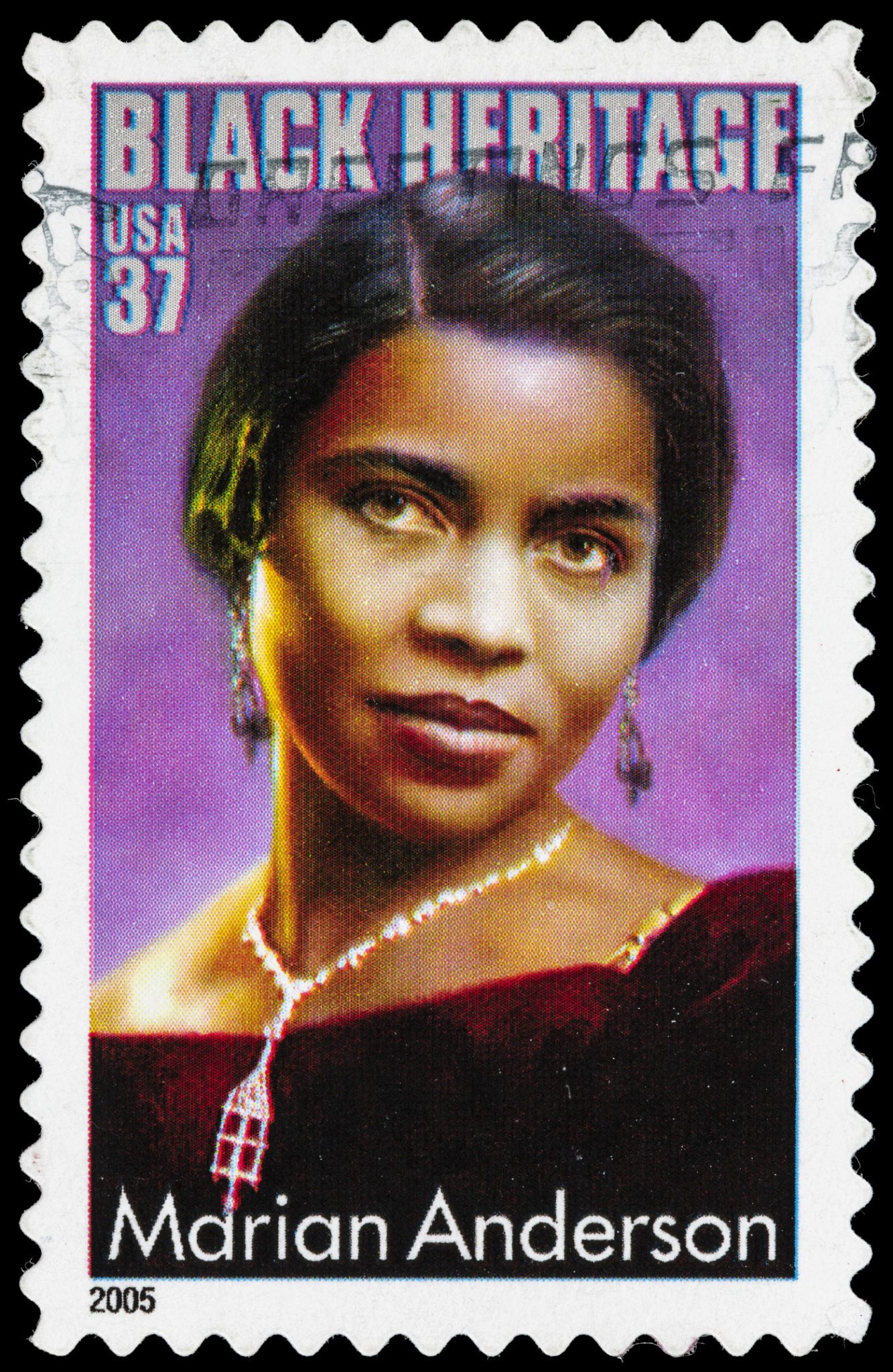Marian Anderson
Marian Anderson defined resilience and historical advancements by pursuing her musical passions without hesitation. Anderson transformed the question of “When will we
listen to black women?” into the statement, “The world will listen to black women”. She uplifted other musicians and composers by including them in her public
performances, providing access for black musicians to receive free training, and becoming an example of black nationalism. Similar to the participants of Negro Spirituals
and Folk, Anderson’s work and was a form of active resistance. Therefore, in the decision to collaborate with composer Florence B. Price, Anderson allowed her art to
become a platform for resistance. In Anderson’s 1939 performance, Prince added Negro Spirituals, a genre often ridiculed by whites, to her selection of songs. By
performing Negro Spirituals, Anderson and Price commemorated the legacy passed on by slavery; they highlighted black culture and its beauty through resistance. Both
artists understood the advantage of their careers by symbolizing black nationalism and portraying confidence in their culture. In addition, Anderson’s performances
became a testimony to the capabilities of blacks that were often doubted by whites. She stood strong, if not stronger, as she performed, wore elegant clothing and jewelry,
and sang without amplification. The professionalism she displayed elevated the confidence of many women creating music and opened the possibilities for exposure.
Anderson aided in the enablement of black professional musicians to be taken seriously. In the following eras, to become a musician as a black woman was to continue the
resilience of Marian Anderson and display the beauty Black women possessed.


